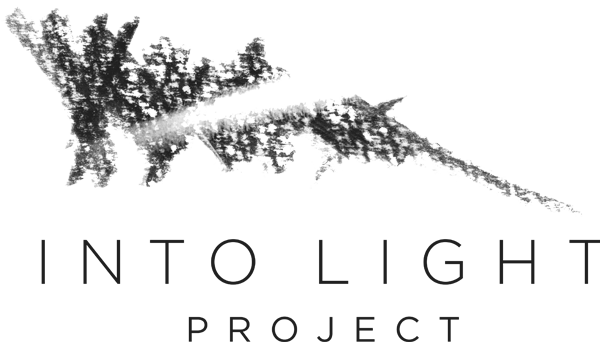
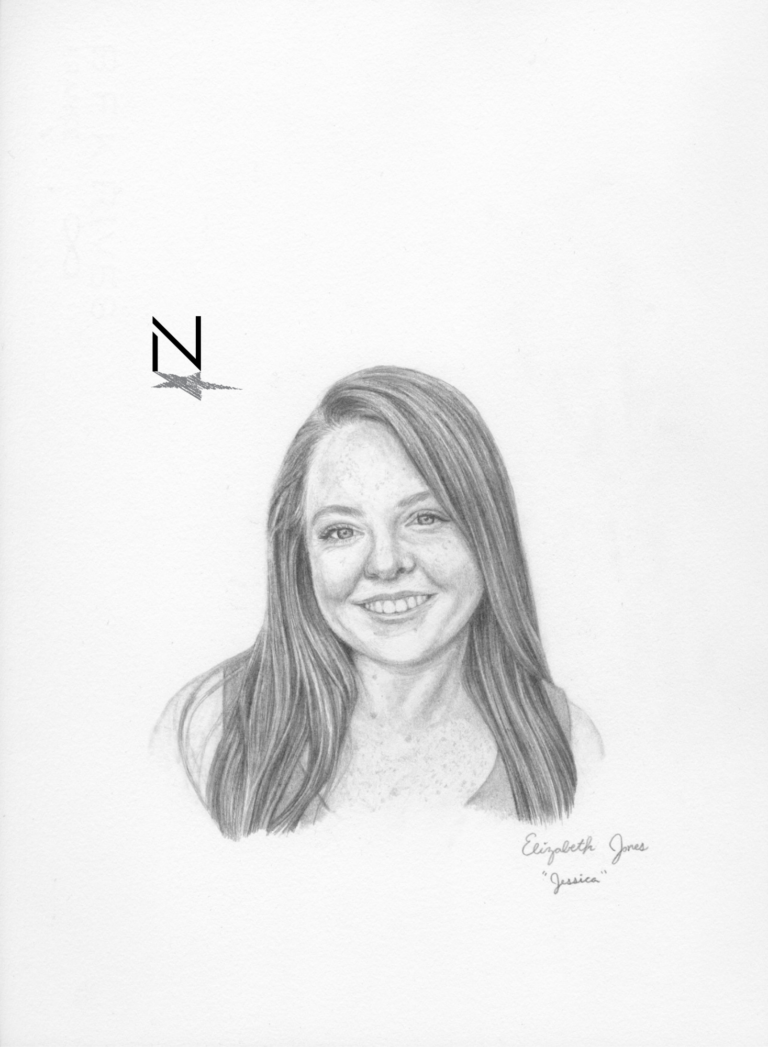
The North Star is a designation within INTO LIGHT Project honoring a person on behalf of their family and friends who have gone above and beyond for our organization. These efforts, in fundraising and more, have had a significant impact in assisting INTO LIGHT Project in achieving our goals. The North Star honorific is intended not only to recognize these efforts, but also inspire others to step in and assist in the ongoing needs INTO LIGHT Project has in achieving our goals.
INTO LIGHT Project
Drug Addiction: Real People, Real Stories.
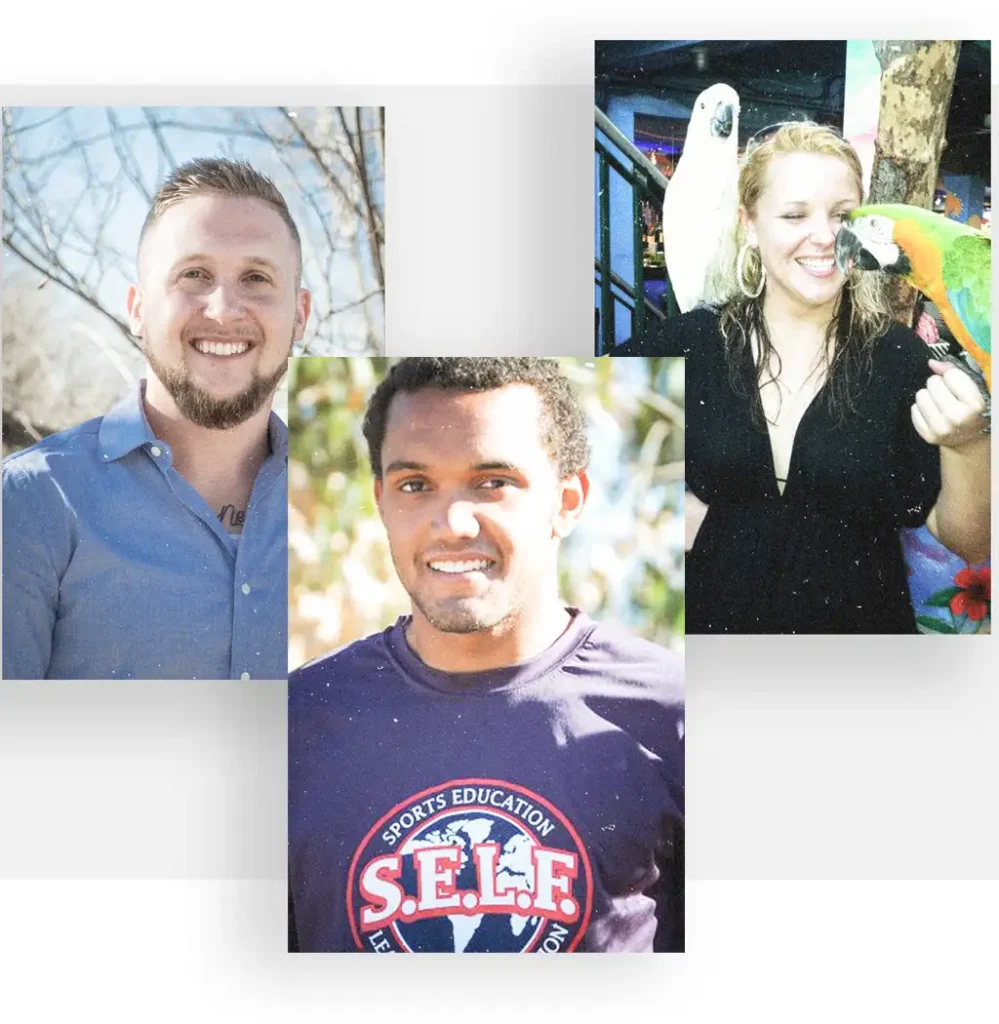
Have you lost a loved one to this epidemic? By sharing your story, you are not only stepping forward bravely against the drug epidemic, but are also participating in helping others on their journey to healing and hope.
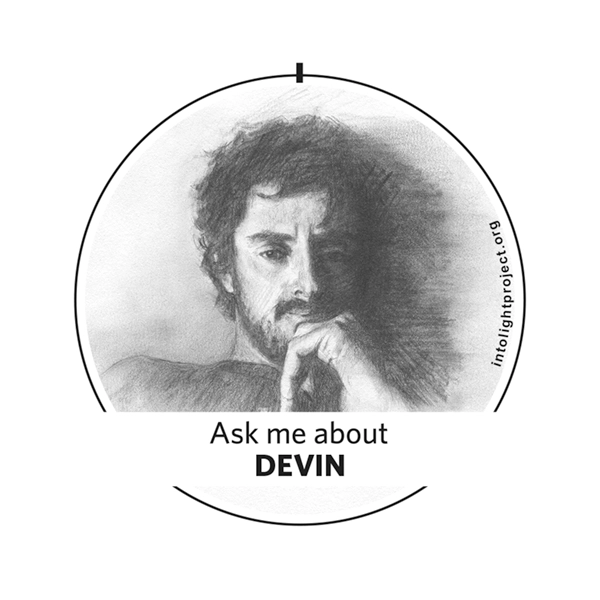
The INTO LIGHT Button Campaign is a “Walking Exhibition” meant to extend the mission of INTO LIGHT beyond the museum or gallery walls. By wearing an “Ask Me About” button of an individual from the exhibition, you are inviting people who ask, to have a conversation about the disease of drug addiction, what we can do to reduce stigma and shame, and be a support to those who have a substance use disorder, and to their families.

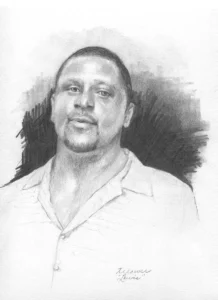
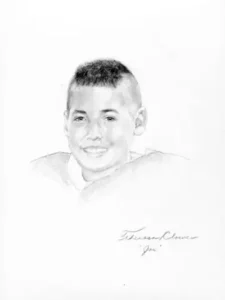

Donations support the work of The INTO LIGHT Project to produce our exhibit, Drug Addiction: Real People, Real Stories. We bring awareness to substance use disorder (SUD) as a brain disease, help to change the conversation about drug addiction, and work to erase the stigma and shame associated with it.
Support